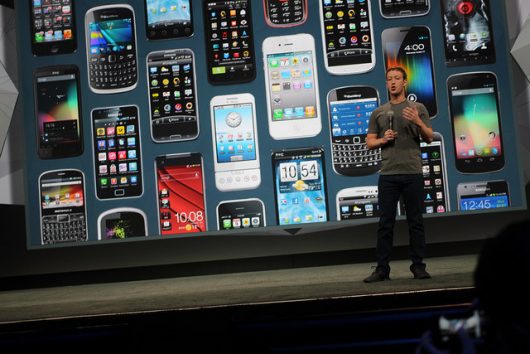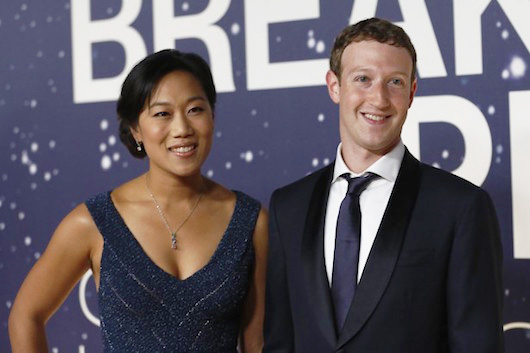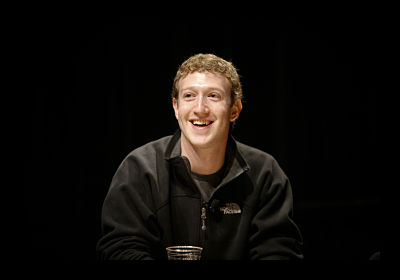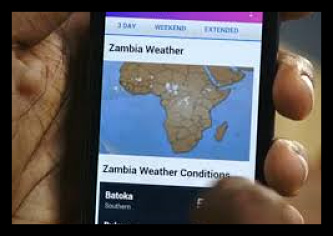As of 2018, 4.1 billion people currently have internet access. This is roughly 95 percent of the world’s 7.1 million population. According to a data graph constructed by Our World in Data, the majority of this internet access is in North America and Asia. Comparatively, on average only about 20 percent of the population of Africa has internet access. Meanwhile, over 60 percent of India’s population lives under the poverty line and only 26 percent of the country’s population has internet access. Internet access can help impoverished nations, though, which is why there are efforts to bring it to places it is not available currently.
Connecting the Globe
Providing a country with internet access is more than just access to the internet. It is also about global connections. Internet.org is an organization that Facebook founder Mark Zuckerberg created, which explains that the internet should be a global right. This is due to the wealth of information that the internet contains. Global Citizen also asserts that if Africa had access to the information that the internet provided, it may be able to jumpstart its infrastructure.
Causes of Lack of Internet Access
Weform.org explains the following reasons for lack of internet access across the world:
- Countries do not have the proper infrastructure to provide their people with an internet connection. According to the United Nations (U.N.), however, the establishment of 3G networks could be one effort toward improvement.
-
A 3G network currently covers only 60 percent of the world. By 2020, the U.N. expects that 97 percent of the world will have full 3G coverage.
-
Cost is also a major factor because 13 percent of the world’s population currently lives under the poverty line.
-
People in these countries do not always have the skills necessary to properly use the internet. Also, 13 percent of the global population is illiterate.
-
Eighty percent of internet content is only available in 10 different languages and less than half of the global population speaks these languages.
Looking Toward the Future
Internet access can help impoverished nations see major improvements. Google created a network of free Wi-Fi hotspots across the country of Nigeria in 2018. Global Citizen estimated that this could generate $300 billion for Africa’s total GDP by 2025. The Nigerian government is taking notice of the efforts led by Google. President Yemi Osinbajo visited Silicon Valley in 2018 and attended the launch of the Google hotspots, according to Global Citizen. This shows that an increase in technology not only improves conditions for a nation’s people but can also help local governments understand how internet access can reduce poverty.
Another way internet access can reduce poverty is by providing support for those suffering from poverty. Telecommunications company Vodafone launched Vodafone’s Farmers’ Club. Esoko states that the organization provides over 1 million farmers with phones. This allows access to numerous services including farming tips, weather updates and nutrition tips. According to Dela A. Kumahor, who served as a design expert on the project, research showed that farmers often feel restricted by their low amount of technology literacy and lack of business sense. According to The Guardian, Vodafone has done the research to show that mobile-focused agricultural services could lead to a $34 billion increase in 26 different markets by 2020. The service has also rolled out in Turkey, where 500,000 farmers have signed onto the project. This has led to a $100 million increase in farmer productivity.
Internet access can help impoverished nations that need relief. The internet provides jobs, services and connections that allow people, governments and industries the opportunity to help their countries fight global poverty. Improving agriculture and providing services are just two of the ways that internet access can reduce poverty.
– Jacob Creswell
Photo: Flickr

 Mark Zuckerberg, co-founder and CEO of Facebook, isn’t a stranger to making large donations. He and his wife, Dr. Priscilla Chan, have already donated $1.6 billion to philanthropic causes.
Mark Zuckerberg, co-founder and CEO of Facebook, isn’t a stranger to making large donations. He and his wife, Dr. Priscilla Chan, have already donated $1.6 billion to philanthropic causes.


